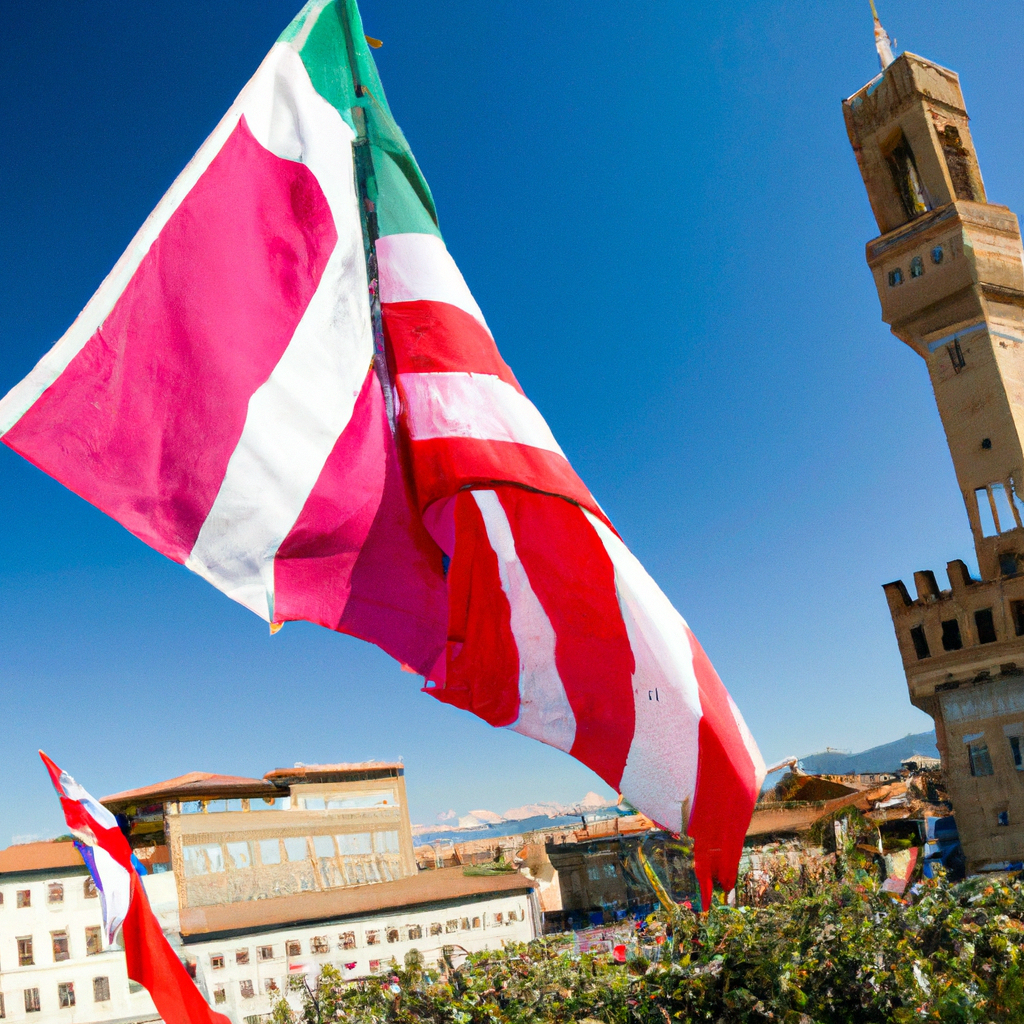
In an illuminating display of culture clashing with contemporary politics, Eike Schmidt, a renowned art historian and the former director of the illustrious Uffizi Gallery, has announced his candidacy for the mayorship of Florence. His proposed governance model, however, is sparking considerable discourse and dissent, particularly among the left-wing factions in Italy.
Schmidt, known for his adept stewardship of one of the most iconic bastions of Renaissance art, has promised an administration governed “according to corporate criteria, without ideology.” This approach, he argues, will cut through bureaucratic red tape and foster a more efficient, performance-oriented city governance. However, this pivot from traditional political methodologies to a seemingly corporate, non-ideological framework is precisely what is fueling the fires of opposition.
Detractors argue that such a stance erases the nuanced socio-political contexts that shape the lives of Florentines. Critics from the left wing, who champion ideology as a necessary lens through which policy should be viewed and formulated, view Schmidt’s position as overly simplistic and detached from the socio-economic realities of ordinary citizens.
Yet, from a cultural perspective, Schmidt's candidacy is as fascinating as it is controversial. Is it possible to govern a city like Florence, so steeped in historical and artistic significance, without the influence of personal or political bias? The implications of such governance extend beyond urban administration; they touch on the very ethos of Florentine cultural heritage. The city, after all, is not just a collection of infrastructure and citizens but a living museum, a cradle of art history that continues to be interpreted and reinterpreted through the lenses of those who steward its legacies.
The debate thus extends into the realm of cultural management: can—and should—art and history be administered with a corporate-like indifference to ideology? Schmidt's tenure at the Uffizzi was marked by significant increases in visitor numbers and global collaborations, suggesting a certain effectiveness to his methods. However, the transition from managing art collections to managing the complex ecosystem of a historic city is fraught with challenges and implications far broader than operational efficiency.
As Florence stands on the cusp of possibly embracing a radically new form of leadership, the international art and culture community remains keenly attuned to the outcome. This election is not merely a political contest; it is a litmus test for the role of ideology in the stewardship of culture and history. The evolving narrative will undoubtedly serve as a case study for cultural cities worldwide, probing the delicate balance between efficiency, ideology, and authenticity in the governance of places deeply intertwined with humanistic and artistic expressions.